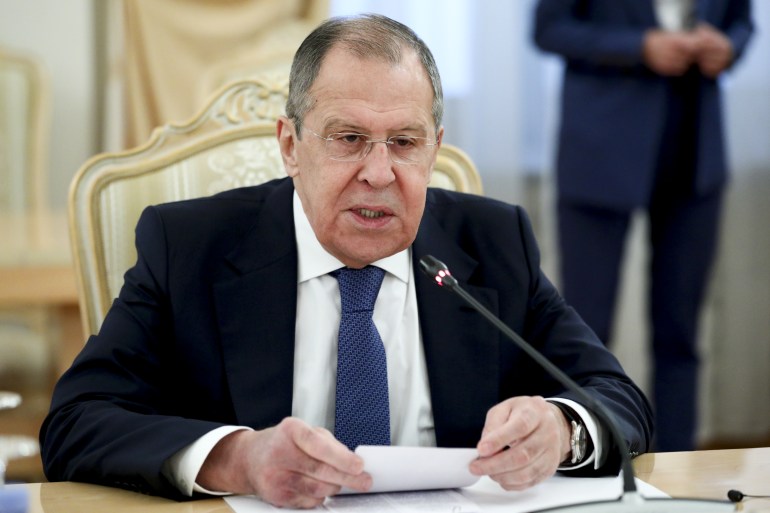The new United Nations envoy to Libya, Jan Kubis, expressed his aspiration to cooperate in supporting efforts to facilitate comprehensive solutions under the leadership of Libya through dialogues supported by the United Nations, while Moscow affirmed its hope for a comprehensive solution.
Kubis said in a telegram sent to the Foreign Minister of the Libyan Government of National Accord, Muhammad al-Taher Siyala, that these dialogues would lead Libya to the path of peace, stability and national unity.
The Libyan Foreign Ministry said that the new UN envoy's telegram was in response to a similar telegram sent by Siala, in which he congratulated him on his appointment as an envoy of the Secretary-General of the United Nations to Libya.
In the middle of this month, the UN Security Council approved on Friday the appointment of the Slovak diplomat Jan Kubis as the UN envoy to Libya, nearly a year after the resignation of the former envoy, Ghassan Salame.
Guterres is the one who nominated Kubis to succeed Salamé (Reuters)
Set and Fears
Kubis, 68, nominated Secretary-General of the United Nations, Antonio Guterres, to succeed Salama, who resigned from the post last March due to stress, and Stephanie Williams (Salama's deputy) assumed the position of acting international envoy to Libya.
Kubiš served as Minister of Foreign Affairs in Slovakia, and he is currently holding the position of the United Nations Special Coordinator in Lebanon, and previously worked as envoys to the United Nations in Afghanistan and Iraq.
The appointment came after the Security Council last month approved Guterres’s plan to appoint the Bulgarian diplomat Nikolai Mladenov as an envoy to Libya, but Mladenov told the Secretary-General a week later that he would not be able to undertake the mission for "personal and family reasons."
Some diplomats met Kubis’s proposal conservatively, according to what two diplomats said, requesting that their names not be revealed. One of them said, “We have followed the consensus, but (Kubis) does not have a good reputation in terms of effectiveness” in achieving his goals.
Lavrov: The international community will only support the solutions acceptable to the Libyans (Anatolia)
Hope and efforts
This comes while Russian Foreign Minister Sergey Lavrov expressed his hope for a comprehensive solution to the Libyan crisis, and believed that the current time can be found in which solutions can be found and the formation of a national unity government that enjoys regional and international support.
Lavrov said during his meeting in Moscow with deputy of the Presidential Council of the Government of Accord of Libya, Ahmed Maitiq, that the international community will only support the solutions that the Libyans accept.
Maitiq and Lavrov discussed developments in the Libyan crisis and the developments of the dialogue sponsored by the United Nations between the crisis parties.
The two parties expressed their support for the "5 + 5" committee, and urged it to continue holding its meetings to reach a comprehensive settlement of the ceasefire in Libya.
Libya slid into chaos after the overthrow of President Muammar Gaddafi with support from NATO in 2011, while the two main parties in the Libyan conflict - the internationally recognized Government of National Accord and the forces of retired Major General Khalifa Haftar - agreed last October to a ceasefire.

